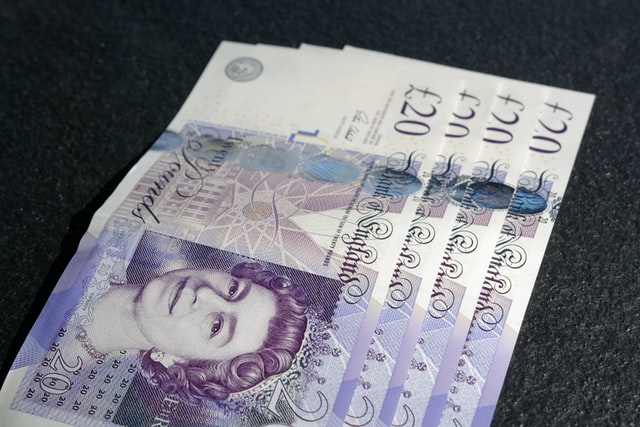Pound 2023 Outlook

Photo by Colin Watts on Unsplash
The BoE is in a very difficult situation, which makes the outlook for monetary policy in the UK harder to predict. It is facing both the problems of the EU and of the US combined. Recently, this has led to a split in the vote in the MPC, as the different members propose varying solutions to get out of the mess. How those vote tallies shift could be determinant for whether the pound manages to stage some form of recovery this year, or falls down to parity with the Euro or the dollar.
To really get a handle on the situation, we need to go back to one of the most dangerous episodes in UK capital markets in decades:
The September shock is still present
Then Chancellor Kwarteng presented his now infamous “mini-budget”. The main issue with it is that it didn’t fully describe how the actions would be funded. Given this uncertainty, the interest rates on long-term bonds started to rise a little. In turn, this set off a cascade of events, because pension funds had used massive amounts of the otherwise stable long-term bonds as hedges. They were facing up to a trillion pounds in margin calls, underscoring how little liquidity there was in the market. The pound naturally tanked.
The BoE then had to step in and do some quantitative easing in the middle of a hiking cycle to sort out the problem. Then the pound recovered, as the political situation also reached a tipping point, leading to the shortest government in history. The crisis was averted, but the problem hasn’t been solved.
Stagflation can be worse than a recession
Pension funds refused to refinance their debt, understanding they were “too big to fail”. The whole scenario exposed just how much central bank intervention in the market had distorted it. There just wasn’t anyone with cash willing to buy bonds. Not in a situation where real rates (that is, interest rate minus inflation rate) were close to two digits in the negative.
As inflation has remained high in the UK, real rates are still really, really low despite the BoE’s hiking. But, if the BoE keeps tightening, it risks pushing the UK even further into recession. This implies less economic growth, less revenue for the government, and the whole problem of the government’s spending not being covered comes back.
Two roads diverged in a dark and uncertain forest
Countries that have accumulated the amount of debt that the UK has, in the past have turned to inflation as a means of getting public finances in order. Others have turned to austerity. But the UK already has high inflation and is already effectively in austerity. Either option only makes the situation worse.
Thus, the split vote as two camps are starting to emerge. The ones who prioritize getting inflation down, even if that means a deeper recession, so far are the majority. That would continue to support the pound, and more “double” hikes could be expected.
The minority are supporting the notion of letting inflation run hot for longer, but providing relief to British homes and shoring up the government’s finances. The government appears to be inclined to the latter, as the British public is increasingly unhappy with the economic situation. That could lead to the pound being weaker, and a longer period of stagflation.
Trading the news requires access to extensive market research - and that's what we do best.
More By This Author:
EURUSD: A Deep Correction Tends To 1.090
Intraday Market Analysis – USD Tries To Firm Up, Wednesday, Dec. 29
Euro 2023 Outlook
Disclaimer: Orbex LIMITED is a fully licensed and Regulated Cyprus Investment Firm (CIF) governed and supervised by the Cyprus Securities and Exchange Commission (CySEC) (License Number ...
more


